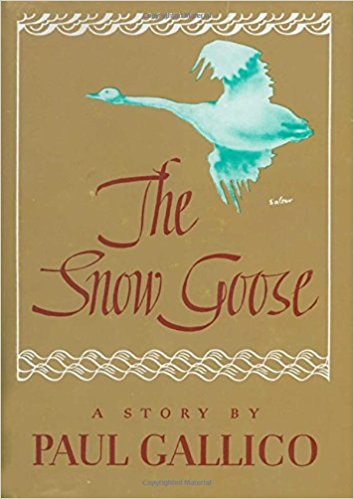
American Character: A History of the Epic Struggle…
…doing more good in America…
Book review:
American Character:
A History of the Epic Struggle
Between Individual Liberty and the Common Good
Colin Woodard (b1968)
Journalist
New York: Viking, 2016
308 pages
American Character is intuitive and informative analysis of what makes Americans tick, politically.
Woodard says we need to promote “fairness” in all its meanings if we want a shot at changing the success stories of Trump/laissez fair Republicans/Tea Party/the oligarchs. I reluctantly use the word “fairness” without any pretense of conveying the fullness of his meaning. It means a lot, in different ways—seriously, meaningfully, it’s different strokes for different folks.
I’m gonna read American Character again.
It’s easy to understand what Woodard is saying. He offers a sane and credible strategy for doing more good in America for all Americans.
* * * * * *
Book review. Copyright © Richard Carl Subber 2021 All rights reserved.
How does a poem end?
“Finis,” my thoughts (my poem)
click here
–
Above all: Poems of dawn and more with 73 free verse poems,
and the rest of my poetry books are for sale on Amazon (paperback and Kindle)
and free in Kindle Unlimited, search Amazon for “Richard Carl Subber”
* * * * * *






 Bunker doesn’t speculate on a question that occurs to me: after that first shot was fired at Lexington, did the British really commit themselves to winning the war?
Bunker doesn’t speculate on a question that occurs to me: after that first shot was fired at Lexington, did the British really commit themselves to winning the war?